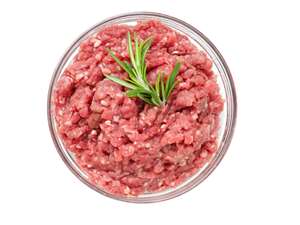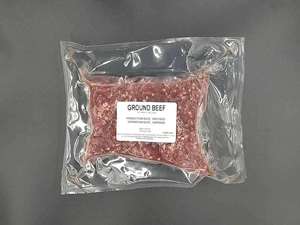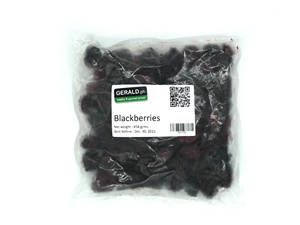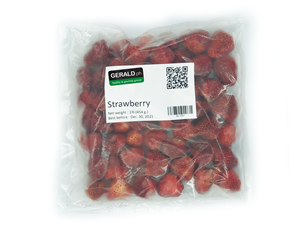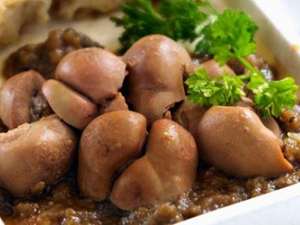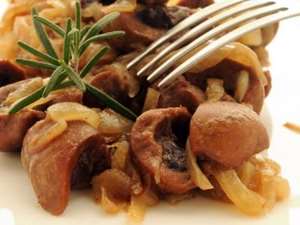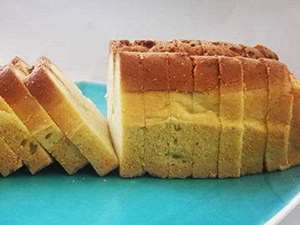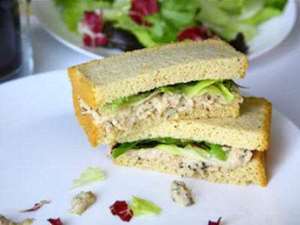Thawing
Refrigerator thawing: Transfer the frozen duck to the refrigerator and allow it to thaw overnight, it may take 24 hours or more to thaw completely.
Cold water thawing: Place the frozen duck (in its original packaging) in a leak-proof bag. Submerge the bag in cold water, changing the water every 30 minutes.
*Important tips
- Avoid room temperature thawing
- Cook immediately after thawing
- Discard any cloudy or discolored juices
Cooking Instructions:
Roasting: Preheat oven to 350°F (175°C). Remove duck from packaging and roast for 1.5-2 hours, or until internal temperature reaches 165°F.
Braising: Brown duck on all sides in a Dutch oven. Add your favorite braising liquid and simmer until tender.
Stewing: Cut duck into pieces and add to your favorite stew recipe.
| Average Nutritional Values | Per 100 g | * |
| Calories | 404 | kcal |
| Total Fat | 39 g | 50% |
| Saturated Fat | 13 g | 65% |
| Cholesterol | 76 mg | 25% |
| Sodium | 63 mg | 3% |
| Total Carbohydrates | 0 g | 0% |
| Dietary Fiber | 0 g | 0% |
| Sugars | 0 g | |
| Protein | 11 g | 22% |
| Vitamin D 0.7mcg | 4% |
| Calcium 11mg | 1% |
| Iron 2.4mg | 13% |
| Potassium 209mg | 4% |
*Percent values are based on a 2000-calorie diet.
Store frozen -12 °C until ready to use.
Shelf life: 2 years

